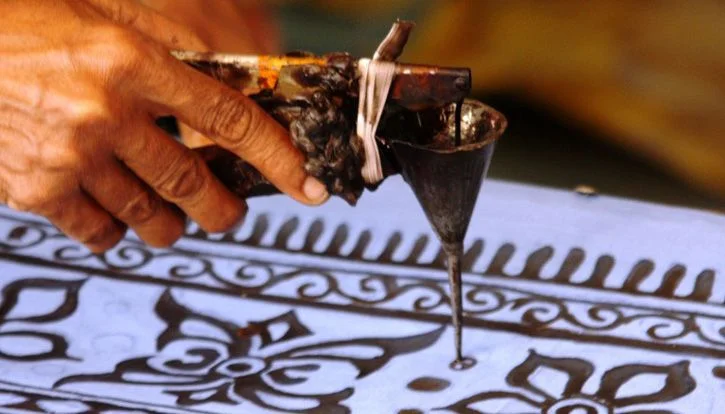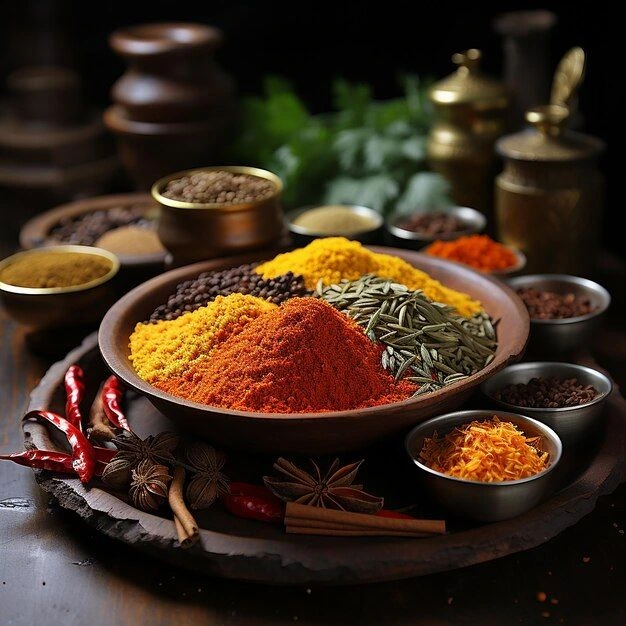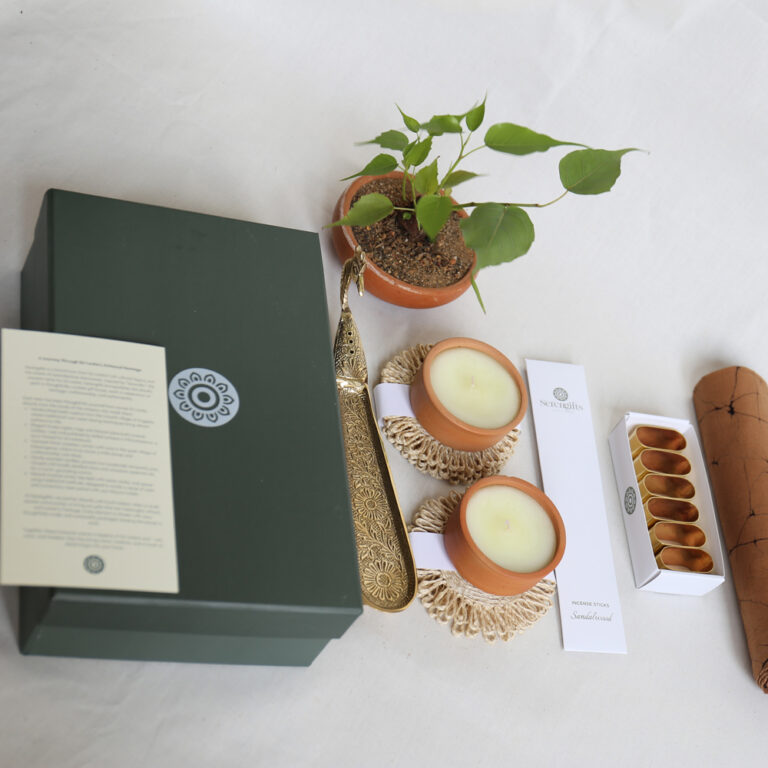How Sri Lankan Artisans Preserve Cultural Traditions
Sri Lanka is a land where ancient crafts and traditions are cherished and preserved by generations of skilled artisans. These artisans play a crucial role in maintaining the island’s cultural identity, keeping alive the stories and techniques that have been passed down for centuries. From weaving intricate textiles to carving masks used in traditional dances, Sri Lankan artisans are not just creators of beautiful objects—they are the custodians of the island’s rich heritage.
Passing Down the Craft

Sri Lanka’s artisanal traditions have survived for over 2,500 years, and much of this is thanks to the close-knit communities of artisans who teach and learn from one another. The art of craftsmanship is typically passed down from parent to child, often within the same family for generations. In these communities, it’s not just about creating products; it’s about preserving a cultural legacy.
For example, in the hills of the Dumbara Valley, artisans are known for their traditional handwoven textiles, a craft that has been honed over centuries. The patterns and colors used in Dumbara weaving are symbolic, often telling stories of the island’s natural beauty, its people, and its history. Through careful instruction and practice, young weavers are taught not only the techniques but the significance of each design, ensuring that the craft remains authentic and vibrant.
The Role of Artisans in Sri Lankan Culture

Artisans in Sri Lanka are not simply workers, they are storytellers. The objects they create are more than just functional items; they carry the weight of history and culture. Take, for instance, the art of mask carving. Used in traditional dance and rituals, these hand-carved wooden masks often depict animals, gods, and mythical figures, each representing different aspects of Sri Lankan folklore. The skill of carving these masks is passed down through generations, with each piece being meticulously handcrafted using time-honored techniques.
These traditions also find their way into daily life. The art of pottery, for instance, has been practiced for centuries in places like Matara, where skilled potters create functional items such as water pots and cooking vessels. These pieces aren’t just utilitarian; they carry the stories and knowledge of the land, ensuring that the traditions of the past continue to influence modern life.
Artisans as Guardians of Sustainability
In recent years, there’s been a growing awareness of the importance of preserving not only cultural traditions but also the environment. Many Sri Lankan artisans are deeply committed to sustainability, using natural, locally sourced materials in their craft. Whether it’s weaving with eco-friendly fibers or carving masks from sustainably harvested wood, these artisans are creating works that are both culturally significant and environmentally conscious.
This dedication to sustainability also ensures that the craft of today will be available for future generations. By maintaining traditional methods, artisans help to protect the environment while also preserving their cultural heritage for years to come.
Supporting Sri Lankan Artisans

At Serengifts, we are proud to partner with Sri Lankan artisans whose work reflects the island’s deep-rooted cultural traditions. Each item in our curated gift boxes is handpicked to showcase the skill and passion of these artisans, ensuring that their craft is celebrated and preserved. When you purchase a Serengift, you’re not just buying a beautiful object, you’re supporting the preservation of Sri Lanka’s rich cultural heritage.





